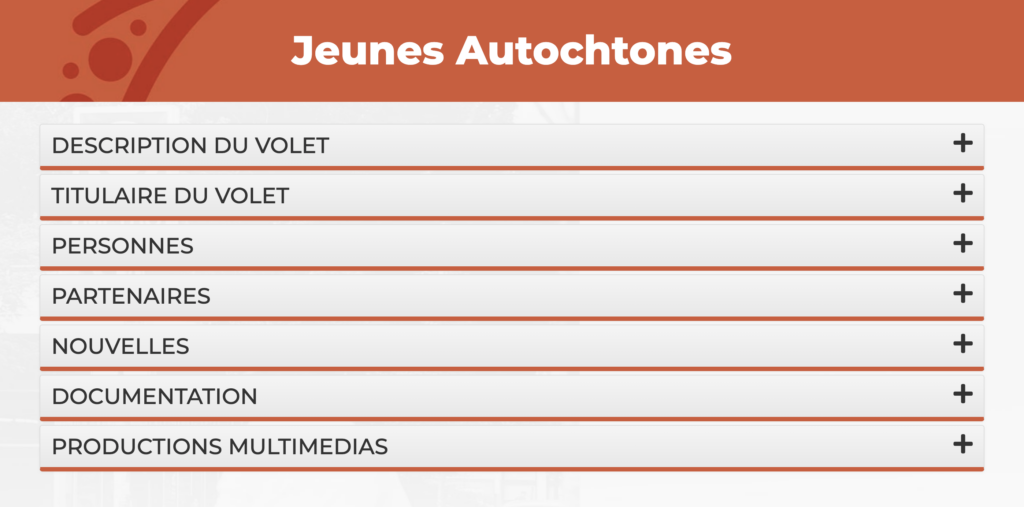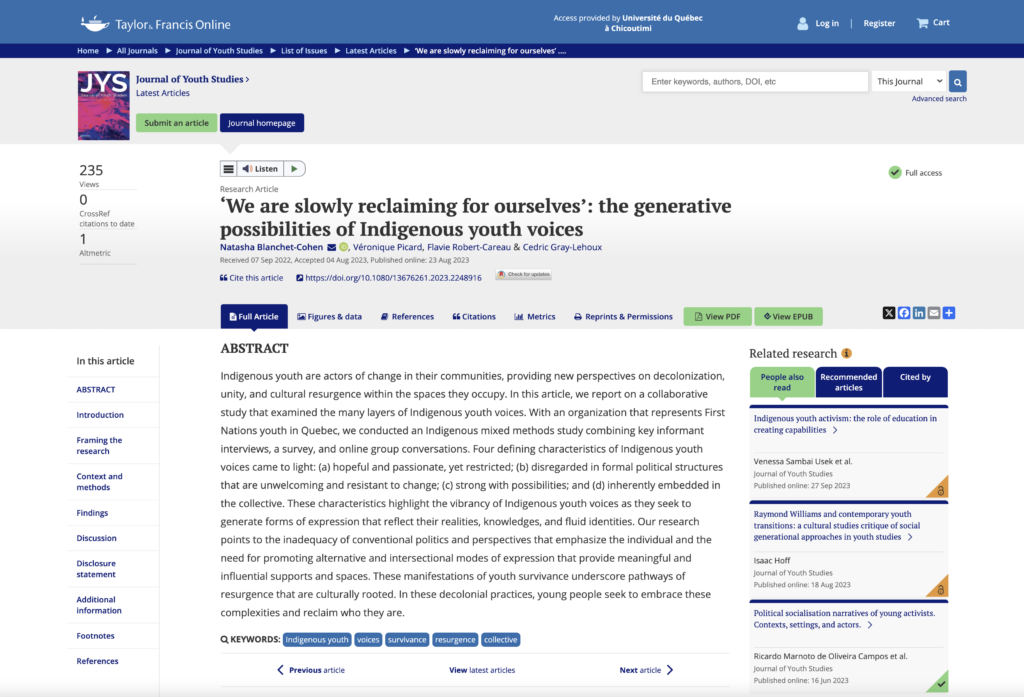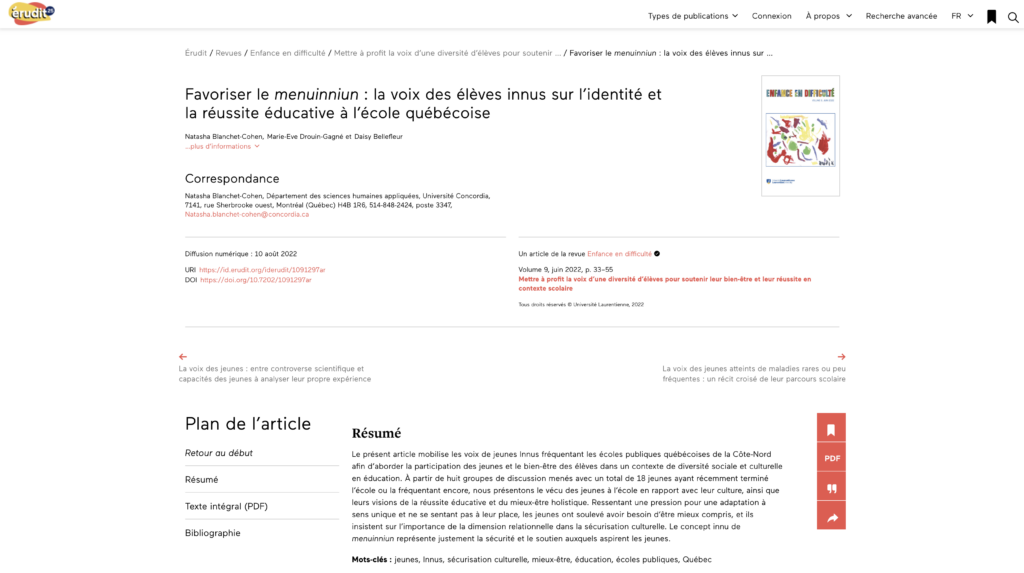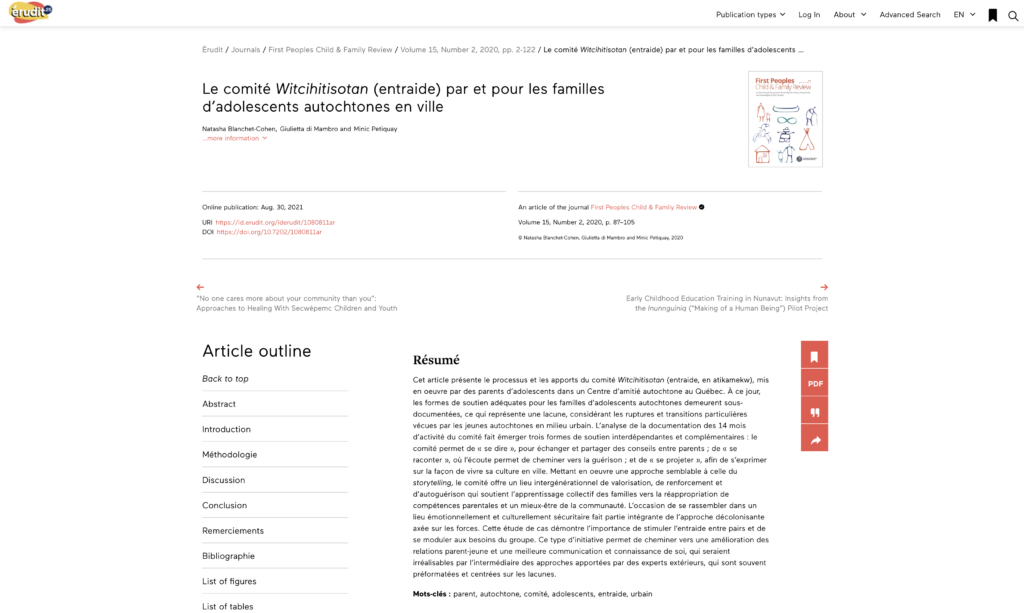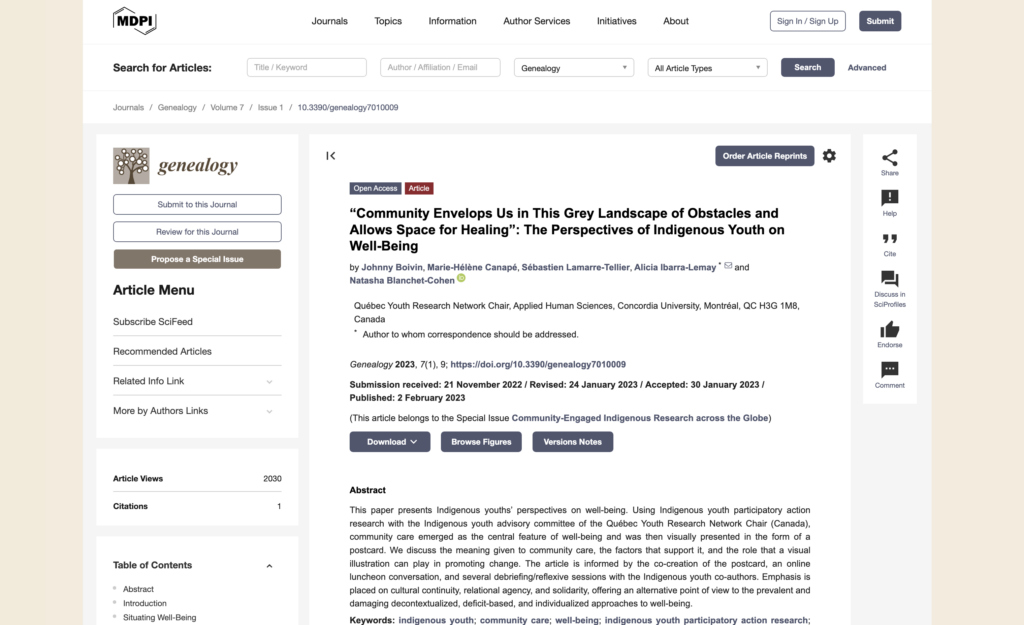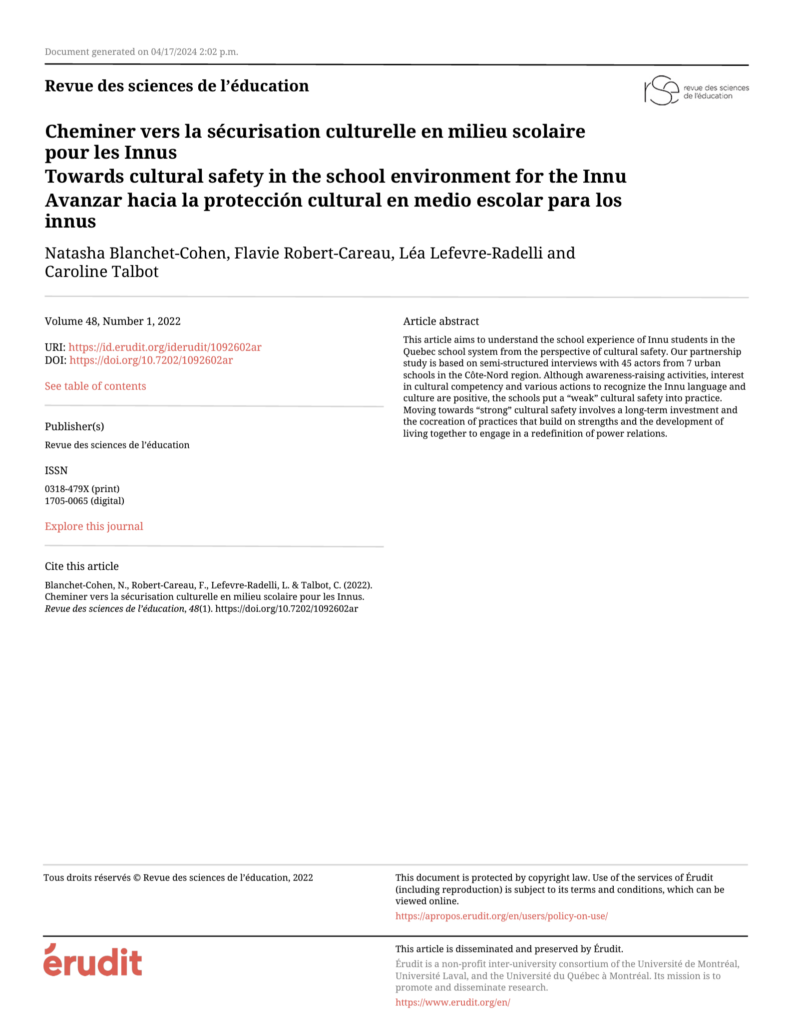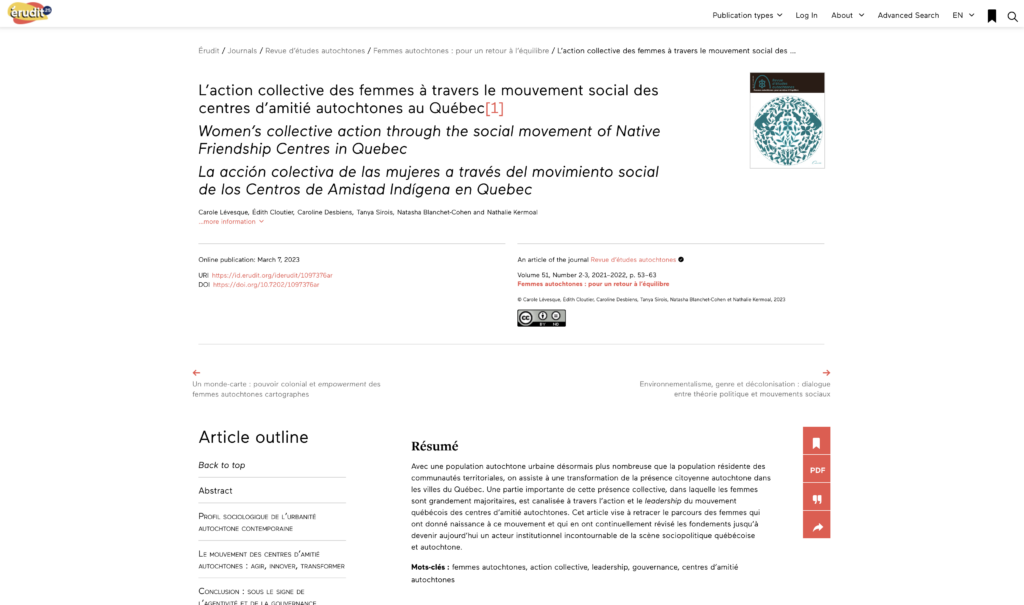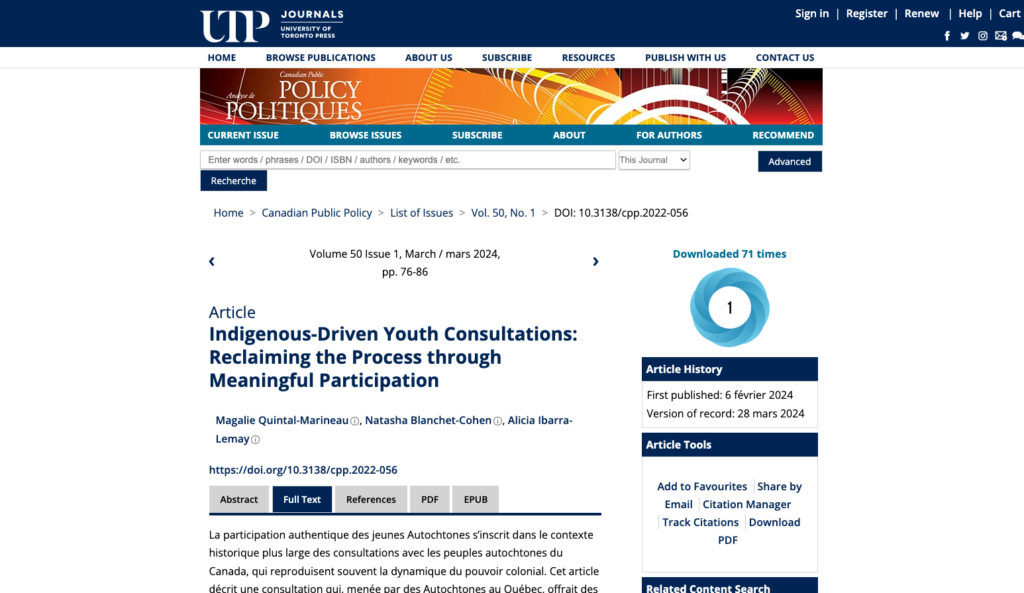Notice bibliographique
Currie, S., Brunelle, N., Dufour, M., Flores-Pajot, M.-C., Hodgins, D., Nadeau, L. et Young, M. (2020). Use of Self-Control Strategies for Managing Gambling Habits Leads to Less Harm in Regular Gamblers. Journal of Gambling Studies, 36(2), 685-698.
Résumé
There is little research on the control strategies used by the general public to self-manage gambling habits and avoid harmful consequences. The current study sought to identify the most common self-control strategies of people who gamble regularly, the characteristics of those who use them, and assess the effectiveness of limit-setting strategies in reducing gambling-related harm. We recruited a large sample (N = 10,054) of Canadian adults who reported gambling activity in the past 12 months. Participants completed a survey that assessed gambling habits, use of control strategies including quantitative limit setting, and gambling related harm. The most common control strategies were setting predetermined spending limits, tracking money spent, and limiting alcohol consumption. The number of self-control strategies used by gamblers was positively associated with gambling involvement, annual income, problem gambling severity and playing electronic gaming machines. Approximately 45% of respondents failed to adhere to self-determined quantitative limits for spending, frequency, and time spent gambling. People who stayed within their gambling limits were less likely to report harm even after controlling for other risk factors. However, the effectiveness of remaining within one’s personal spending limit decreased for those whose limits exceed $200CAN monthly. The findings support public health interventions that promote lower-risk gambling guidelines aimed at helping gamblers stay within spending, frequency and duration limits.
Publication du membre
Natacha BrunelleAppartenance aux volets










